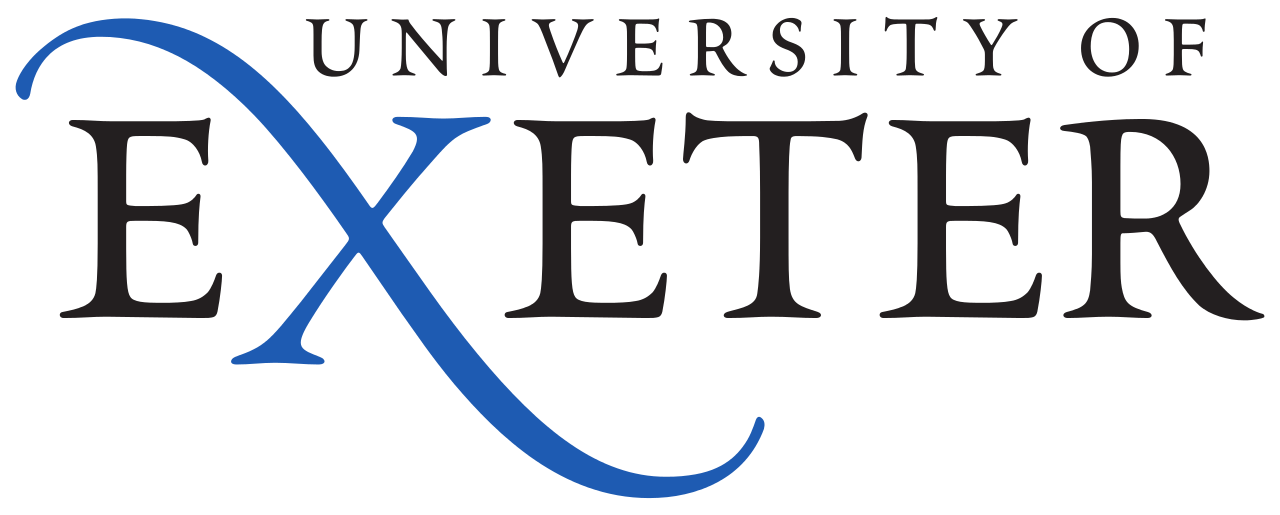Find out how to use our AccessAbility team to register with the service, access support and talk about any adjustments you may require. You will also be able to visit the university before your course starts, to gain a feel for where you will be based throughout your studies.
Background
The disability advisors and AccessAbility team at our university provide information and advice to you about any disability or long term health condition. This can include specific learning difficulties, sensory or mobility impairments, autism, and mental health conditions. They are your main point of contact for any disability related queries throughout your studies.
Under the Equality Act 2010, universities have a duty to make reasonable adjustments where disabled students may be placed at a disadvantage in comparison with non-disabled students. Reasonable adjustments enable you to access and participate in learning, assessment, university facilities and services.
The AccessAbility team can:
- create an Individual Learning Plan and liaise with your department to recommend study adjustments
- help you apply for specialist one-to-one support and equipment
- help you access support arrangements for specific accommodation and car parking permits
- signpost you to other services at the university and locally
If you are a prospective student, you can book an appointment with our team to discuss your circumstances and support needs.
If you are a current student, you can declare your disability to us through our online form, upload medical evidence and make an appointment to discuss your support needs. Here is the disclosure form.
Some examples of reasonable adjustments are:
- Exam or Assessment adjustments (e.g. extra time, use of a PC, etc.)
- Support with reading and research (e.g. extended book loans, assistance to locate or/and collect research material, access to alternative formats, etc.)
- Access to specialist equipment and assistive software (e.g. text to speech to assist with research and proofreading, mind mapping to assist with planning and organising your work, a recording device to assist with note taking, etc.)
- Access to handouts and notes in advance of taught sessions
- Additional support from your tutors (e.g. assistance to catch up on missed work or to check your understanding, as required)
- 1:1 Support (e.g. Mentoring, Study Skills tuition etc.)
If you haven’t done so already we would encourage you to contact our AccessAbility team in order to talk about the support available to you and ensure any adjustments are made in time for your arrival at our university. Your AccessAbility Adviser will also assist you in the process of applying for DSA, if you are eligible for this support or advise you of the alternative support options available to you if not.
There is also an Autism Spectrum Condition (ASC) Social Group that meets weekly during term time. Find out more information here: ASC Social Group.
How could this affect me?
The Disability Advice team is responsible for recommending and coordinating your support or adjustments. Adjustments are tailored on an individual basis so your involvement in this process is essential.
If you decide not to contact the team prior to starting your course you are still welcome to contact us at any point throughout your studies.
It can take time to arrange and implement any support you may require so we would encourage you to contact us in good time prior to your arrival so that we can ensure you have everything in place at the earliest possible opportunity.
What to do next?
Contact the AccessAbility team
Practical tips
- Find detailed accessibility information for venues, including Streatham campus, here
- Take a virtual tour of learning spaces
- Find where the AccessAbility team are located
Questions to think about
It might be useful to think about:
- how you would like to describe your autism and anything you think would be useful to share with your tutors
- any support you have received in the past, what has worked well and what hasn’t worked for you
- how you plan to travel to university
- your experience of teaching sessions, what helps you to gain an understanding of a new topic or task
- how you have found note taking and researching for assignments
- how you have found assessments in the past, e.g. exams, essays, presentations, etc.
- how you feel about group work, placement and practical tasks
Additional information
If you decide that you are going to attend a different university we would recommend that you contact the Disability Advice team at your chosen university.
Some further reading:
- Your Life is Not a Label: A Guide to Living Fully with Autism and Asperger’s Syndrome for Parents, Professionals and You! by Jerry Newport.
- Solutions for Adults with Asperger’s Syndrome: Maximising the Benefits, Minimising the Drawbacks to Achieve Success by Juanita Lovett.
- Top tips for Asperger students: how to get the most out of university and college by Rosemary Martin


 Back
Back